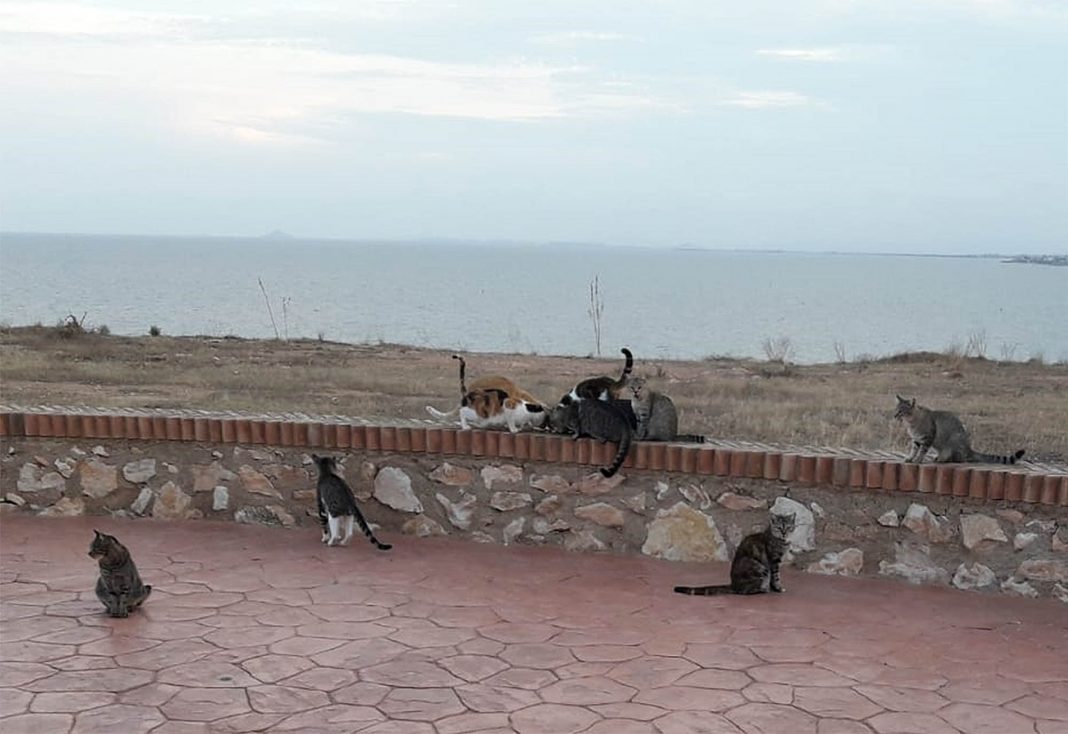Following the suspected poisoning of four cats, all found dead in Dehesa de Campoamor last week, the Federation of Associations of Orihuela Costa (FAOC), has once again written to the Councillor responsible for Animal Welfare in the Municipality, Noelia Grao.
After more than 3 years of correspondence, with little effect, FAOC are now demanding that the Councillor takes action to control the cats, thought to number in excess of 200, which are rampant in the urbanisations of Dehesa de Campoamor, Aguamarina, Las Filipinas, Punta Prima and PAU 8.
Having appealed to residents through social media “not take justice into their own hands,” the Association has stressed the danger of leaving poisoned food out on the street and that it poses for other animals, such as dogs, or even children. Meanwhile Road Cleaning operators have removed all of the food remains to prevent further poisoning.
Although there is said to be a program (C.E.S.) in place to control feral cats on the Orihuela Costa, which includes their capture, medical, sterilisation and release, it seem to be having little effect, so FAOC have asked once again that they be advised of the exact procedures, which they say are unclear.
They have also asked the council to publish a map of feral cat colonies which they can then compare with the information held locally.
Meanwhile Cllr Grau said “We must try to find balance and understanding of this problem which is one of the main issues to be discussed when the the Bureau of Animal Welfare meets in the coming days.”
In the whole of last year the City Council caught 25 cats in the Orihuela Costa that were taken to the animal protection centre for adoption, although some, due to their wild nature and the impossibility of domestication, were retained after their castration.
Currently, many of the cats are not castrated and litters are still being born that form new colonies, always around a source of food. Whilst the feeding of cats is not forbidden, leaving food and containers on public roads can lead to sanctions by the local authorities.





